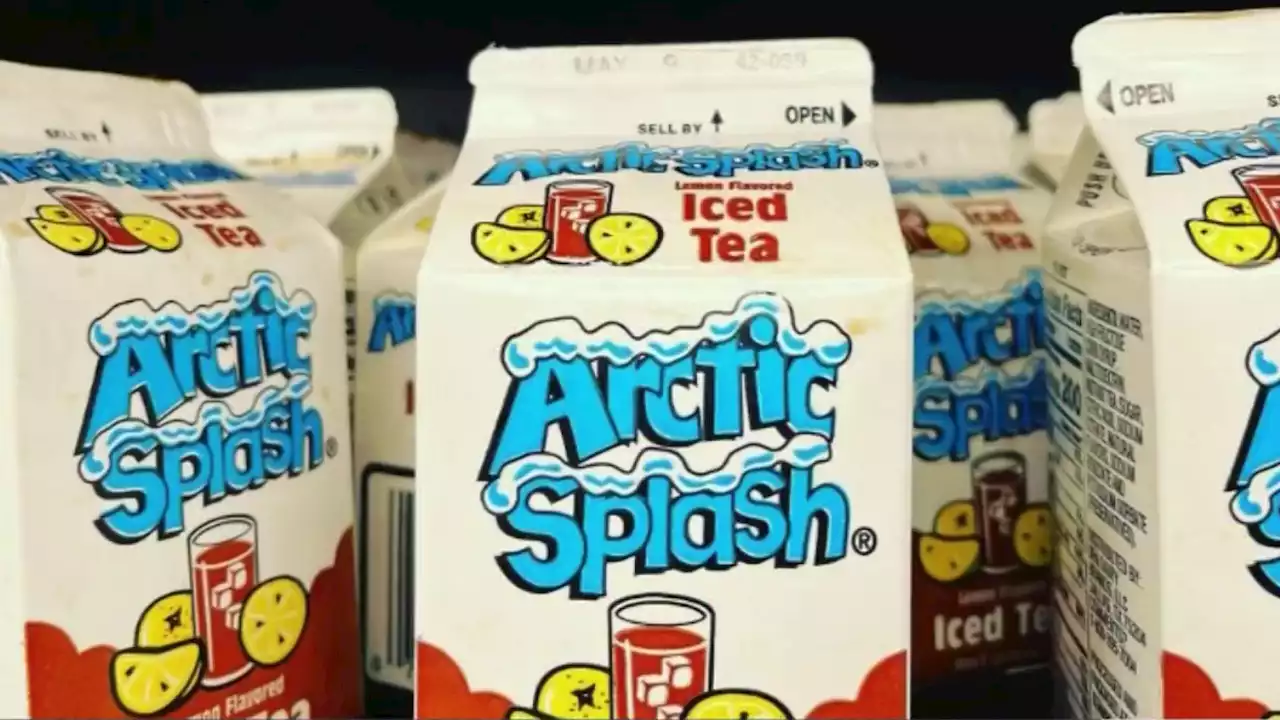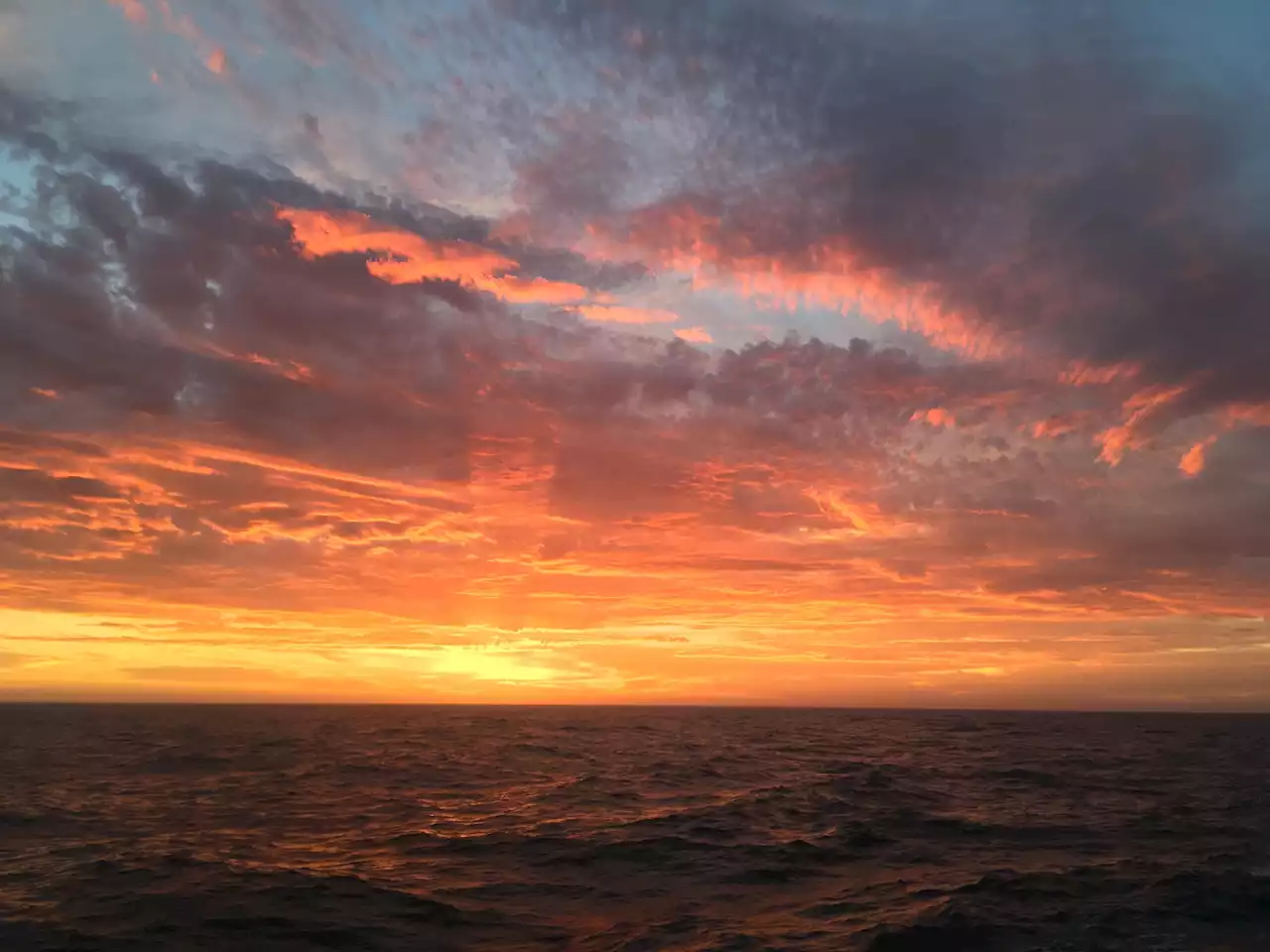A nonprofit organization, Arctic Ice Project, is looking into a way to protect the Earth’s natural heat shield by applying reflective glass microspheres on young, low-reflectivity sea ice.
Researchers are proposing to sprinkle powdered glass"microspheres" on sea ice to increase its reflectivity.
Twelve tribes — including the villages of Nuiqsut and Point Hope — and more than 25 organizations such as Native Movement and The Alaska Centersigning on to a letter laying out their worries that reflective microbeads could harm animals and people living in the Arctic. “We certainly don’t want to do any damage to the environment. That’s the last thing we want to do,” said Dr. Steven Zornetzer, a retired scientist from NASA Ames who is on the scientific advisory board for Arctic Ice Project. “What we want to do is restore and protect the environment.”
The big idea behind the project still remains the same: to restore ice reflectivity in the Arctic and slow down global warming by 10 to 15 years, said Tom Light, executive director of Arctic Ice Project. “The walruses, they haul out here — like, 100,000 of them will be right here on our beaches,” Tracey said. “And then every year, 30 miles south of us, there’s a little lagoon called Omalik Lagoon, and that’s where the belugas go in and take off their top layer of skin before they start swimming up here towards Point Lay and Wainwright.”
Ahtuangaruak said that while microbeads might pose no risk for some people or animals, that might change in a different setting or for a different organism. “To add additional particulates into the air when we already have very large emissions is ludicrous,” Ahtuangaruak said. “Why would we encourage putting our air at further risk?”
Norge Siste Nytt, Norge Overskrifter
Similar News:Du kan også lese nyheter som ligner på denne som vi har samlet inn fra andre nyhetskilder.
 From the archives: Inside the U.S. Army's plan to build a luxurious city under the ArcticIn 1960, Popular Science dove into the military's big, Cold War-era, subterranean plans for Camp Century, before they were abandoned in 1967.
From the archives: Inside the U.S. Army's plan to build a luxurious city under the ArcticIn 1960, Popular Science dove into the military's big, Cold War-era, subterranean plans for Camp Century, before they were abandoned in 1967.
Les mer »
 Fishtown-Famous Arctic Splash Cartons DiscontinuedThe Fishtown-famous cartons for Arctic Splash iced tea are going away.
Fishtown-Famous Arctic Splash Cartons DiscontinuedThe Fishtown-famous cartons for Arctic Splash iced tea are going away.
Les mer »
 Fishtown-Famous Arctic Splash Cartons DiscontinuedThe Fishtown-famous cartons for Arctic Splash iced tea are going away.
Fishtown-Famous Arctic Splash Cartons DiscontinuedThe Fishtown-famous cartons for Arctic Splash iced tea are going away.
Les mer »
 Rarest Fish on Earth: Devils Hole PupfishDesert fish evolved to survive warm water temperatures, but climatechange is threatening their existence. Read our latest story to find out more on the rare fish.
Rarest Fish on Earth: Devils Hole PupfishDesert fish evolved to survive warm water temperatures, but climatechange is threatening their existence. Read our latest story to find out more on the rare fish.
Les mer »
 Deep ocean warming as climate changesMuch of the 'excess heat' stored in the subtropical North Atlantic is in the deep ocean (below 700m), new research suggests.
Deep ocean warming as climate changesMuch of the 'excess heat' stored in the subtropical North Atlantic is in the deep ocean (below 700m), new research suggests.
Les mer »
 Addison Rae’s Barely-There Zebra Bikini Is a Y2K Girl’s Dream — and It’s Still Available to ShopAddison Rae’s Barely-There Zebra Bikini Is a Y2K Girl’s Dream — and It’s Still Available
Addison Rae’s Barely-There Zebra Bikini Is a Y2K Girl’s Dream — and It’s Still Available to ShopAddison Rae’s Barely-There Zebra Bikini Is a Y2K Girl’s Dream — and It’s Still Available
Les mer »
